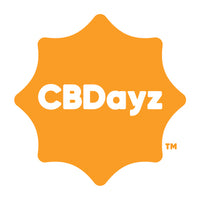Cannabidiol (CBD) has been studied for its potential to help with anxiety, although more research is needed to fully understand its effects. CBD is one of many compounds found in the cannabis plant, but it does not produce the psychoactive effects associated with tetrahydrocannabinol (THC), which is the compound that produces a "high".
There are several ways that CBD may help with anxiety:
-
Interaction with the Endocannabinoid System: The endocannabinoid system (ECS) is a network of receptors and neurotransmitters in the body that helps to regulate various physiological processes, including mood, appetite, and sleep. CBD interacts with the ECS, which may help to reduce anxiety symptoms.
-
Interaction with Serotonin Receptors: CBD may also interact with serotonin receptors in the brain, which are involved in regulating mood and anxiety. By interacting with these receptors, CBD may help to reduce anxiety symptoms.
-
Anti-inflammatory Properties: CBD has anti-inflammatory properties, which may also help to reduce anxiety. Chronic inflammation has been linked to a number of mental health disorders, including anxiety and depression.
-
Neuroprotective Properties: CBD has been shown to have neuro-protective properties, which means that it may help to protect the brain from damage caused by stress and anxiety.

It is important to note that CBD should not be used as a replacement for conventional treatments for anxiety, such as therapy or medication. If you are experiencing anxiety, it is important to speak with a healthcare professional to determine the best course of treatment for your specific needs.



Leave a comment